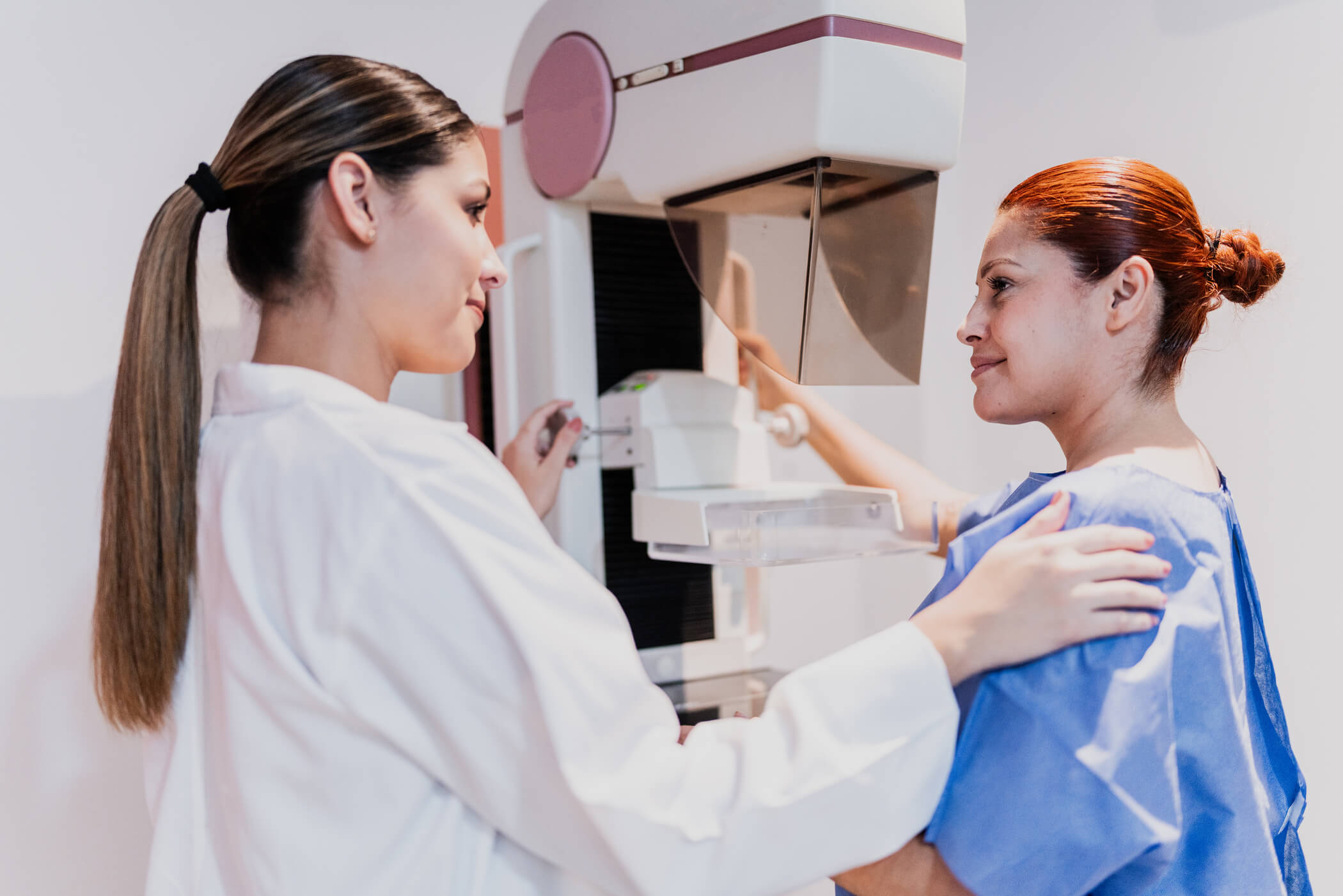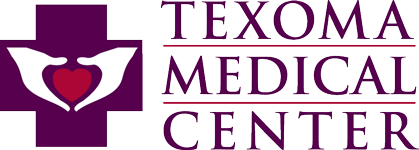The Most Common Cause of Breast Lumps

Feeling a lump in your breast can be scary. However, not all lumps are cancerous tumors. They can be caused by different medical conditions. The most common cause of breast lumps or masses are benign breast cysts.
Breast cysts are often caused by fibrocystic breast changes. They affect at least 50% of women of childbearing age, according to the National Library of Medicine.
Cysts are fluid-filled sacs in the breasts. Characteristics of a cyst can include:
- Round or oval
- Movable lump
- Tender to the touch
- Nipple discharge
- Changes size through menstrual cycle
- Becomes bigger and more painful before menstrual period
While fibrocystic breast changes typically resolve on their own and usually do not require treatment, some of the symptoms overlap with warning signs of breast cancer. It's important to seek testing to rule out cancer.* Diagnosis options include:
Ultrasound
The most common form of diagnosis for younger women with dense breast tissue. An ultrasound can characterize the different types of cysts and distinguishes them from solid masses or tumors.
Mammogram
More useful for women over 35 years old but not as efficient at spotting differences between cysts and solid masses. However, it can classify and identify microcalcifications.
Draining
If cysts become overgrown and swollen, they can become painful and may need to be drained. Draining the cyst can relieve the pain and confirm a cyst diagnosis.
Biopsy
In the case of complicated or complex cysts, a biopsy may be recommended on the slim possibility the debris floating in the liquid or walls of the cyst contain cancer.
If you are concerned about a lump in your breast, it is best to consult a doctor. They can help you manage symptoms and diagnose the cause.
*National Cancer Institute
